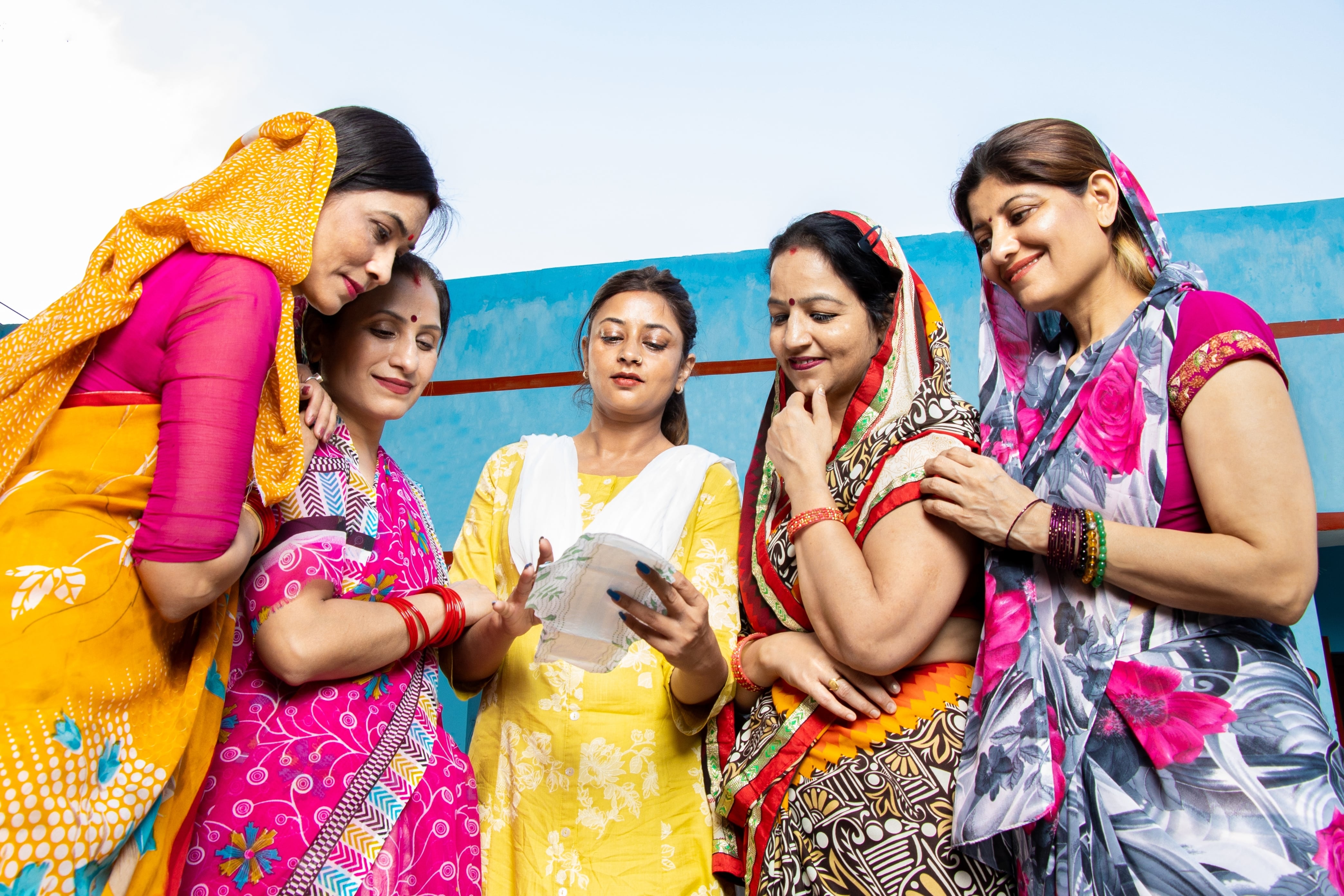Menstruation is a natural process for women of reproductive age. Yet, in many cultures, it is still surrounded by myths and stigma.
In some Himalayan communities, menstruating women are isolated because menstrual blood is considered “unclean.” They are sent to the cowshed (goth) and not allowed to socialize. Even when toilets are available, some women are not permitted to use them. These taboos affect women’s health, mobility, education, and self-esteem.
Why Menstrual Hygiene Education Matters
- Low Usage of Sanitary Products: Only 36% of menstruating women in India use sanitary products.
- Safety and Dignity: Education helps girls and women manage periods safely and hygienically.
- Breaking Taboos: It challenges harmful beliefs and promotes equality.
National Menstrual Hygiene Day
National Menstrual Hygiene Day is celebrated every year on May 28.
- Why May 28? Menstrual cycles usually last 28 days, and periods last around 5 days.
- Purpose: To destigmatize menstruation, increase awareness about period poverty, and empower women to manage their periods without shame or fear.
How Menstrual Hygiene Education Helps
-
Removes Social Stigma
Education dispels myths about menstruation. It encourages understanding and acceptance. Girls and women can participate in social and school activities without fear of discrimination.
-
Boosts Confidence and Self-Esteem
Learning about menstrual hygiene helps women feel more comfortable with their bodies. Confidence improves, stress decreases, and women can engage in work, school, and community life.
-
Promotes Health and Hygiene
Good menstrual hygiene prevents infections like:
- Bacterial vaginosis
- Urinary tract infections (UTIs)
- Reproductive tract infections (RTIs)
Key practices include:
- Changing pads or tampons regularly
- Washing hands before and after handling menstrual products
- Keeping the genital area clean
SOFY and Menstrual Hygiene Education
SOFY offers guidance and products for safe menstrual care.
- Over 50 years of experience in sanitary care products
- Diverse solutions to meet every girl’s and woman’s needs
- SOFY Period Education provides accurate and trustworthy information about menstrual hygiene
Conclusion:
Menstrual hygiene education is essential for:
- Empowering women
- Promoting confidence and dignity
- Improving health and safety
With the right knowledge and support, women can manage their periods comfortably, hygienically, and confidently.
FAQ’s
2. How does menstrual stigma impact women and girls?
Menstrual stigma affects women’s mobility, health, education, and self-esteem. In communities where menstruation is stigmatized, women and girls are often excluded from social activities, leading to isolation and feelings of shame. It also restricts their access to education, as they may miss school during their periods due to a lack of proper menstrual hygiene products or facilities.
3. What is National Menstrual Hygiene Day and why is it important?
National Menstrual Hygiene Day is celebrated on May 28 to raise awareness about menstrual hygiene and break the stigma surrounding menstruation. The date was chosen because the menstrual cycle averages 28 days, and the fifth month, May, reflects the average five-day length of a period. This day is crucial in promoting menstrual health, ending period shame, and addressing period poverty, which prevents many women from affording menstrual products.
4. What is period poverty and how does it affect women?
Period poverty refers to the inability to afford menstrual supplies necessary for maintaining proper menstrual hygiene. It affects women and girls’ health, dignity, and social participation, often causing them to miss school, work, or other important activities. Addressing period poverty is crucial for ensuring that women and girls can manage their periods with dignity and without embarrassment.
5. What role does menstrual hygiene education play in removing social stigma?
Menstrual hygiene education helps dispel myths and misconceptions about periods by providing factual information about menstruation. It encourages a more open and accepting attitude toward menstruation, breaking down taboos that lead to discrimination, exclusion, and shame. Education helps normalize periods as a natural and healthy process.
6. How can menstrual hygiene education improve confidence and self-esteem in women and girls?
Education about menstrual hygiene empowers girls and women with the knowledge to manage their periods safely and comfortably. This reduces anxiety and stress associated with menstruation, helping them feel more confident in participating in social, educational, and economic activities without fear or embarrassment. It fosters a healthy body image and self-acceptance.
7. What are the health benefits of practicing proper menstrual hygiene?
Proper menstrual hygiene, such as regularly changing menstrual products and maintaining cleanliness, can prevent health issues like bacterial vaginosis, urinary tract infections, and reproductive tract infections. Good hygiene habits during menstruation promote overall reproductive health and well-being.
8. How does SOFY contribute to menstrual hygiene and education?
SOFY provides a wide range of menstrual hygiene products tailored to meet the diverse needs of women and girls. With over 50 years of expertise in sanitary care, SOFY focuses on providing safe, comfortable, and innovative solutions for menstrual care. Their products help ensure women and girls can manage their periods with dignity and protection, promoting overall menstrual health.
9. Why is it important to have diverse menstrual hygiene products?
Every woman's body and menstrual cycle are different, so a one-size-fits-all solution does not work for menstrual hygiene. Having diverse products allows women to choose what works best for them, whether it’s for light flow, heavy flow, or different stages of their cycle. SOFY offers a wide range of products to meet these varying needs, ensuring comfort and protection for all users.
10. How can we promote menstrual hygiene and education in communities with strong taboos?
To promote menstrual hygiene and education in communities where menstruation is taboo, it's important to start by educating both girls and boys early on. Open discussions, access to accurate information, and support from trusted sources like schools, healthcare providers, and community leaders can help normalize periods and reduce the stigma. Additionally, providing access to affordable menstrual products is essential for encouraging good hygiene practices.

